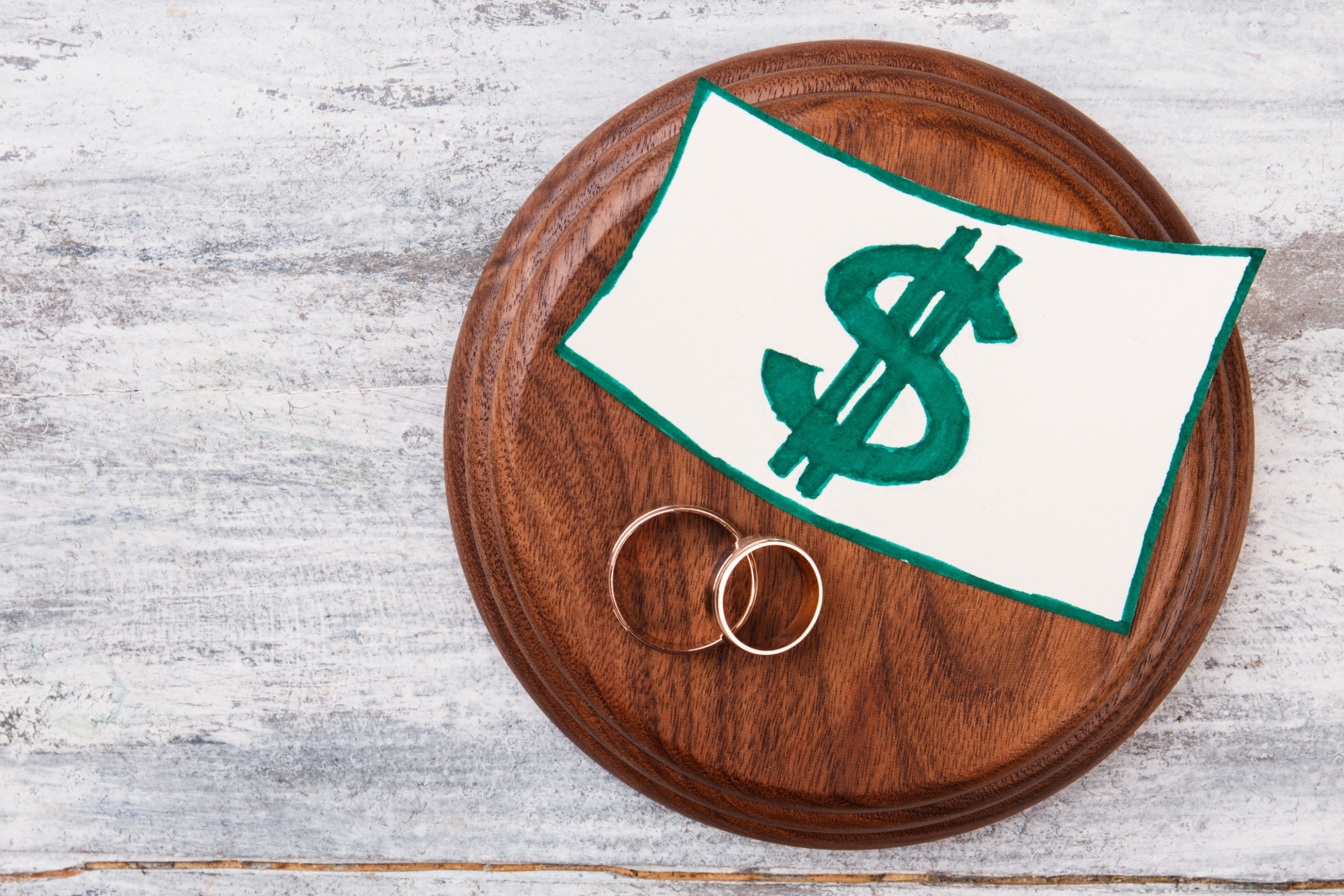
For many newlyweds, the first few years of marriage are a whirlwind of excitement and new experiences. Amidst this bliss, it’s crucial not to overlook one of the most vital aspects of a strong partnership: financial health. An emergency fund is an essential tool in ensuring long-term security and stability. This guide provides practical financial advice for newlyweds, focusing on how to build and maintain an emergency fund to head off potential financial disasters.
Understanding the Importance of an Emergency Fund
An emergency fund is essentially a financial safety net designed to cover unexpected expenses, such as medical emergencies, sudden job loss, or urgent home repairs. For newlyweds, having this fund is critical as it not only provides financial security but also helps in maintaining peace and stability in the relationship. Financial stress can be a significant strain on marriages, and an emergency fund acts as a buffer against such stressors. It’s recommended to have three to six months’ worth of living expenses saved in this fund, ensuring that you can handle life’s unpredictable moments without derailing your financial goals.
Starting Small: Building Your Emergency Fund
The journey to a robust emergency fund begins with small, consistent steps. Start by setting a realistic goal based on your combined monthly expenses. Initially, aim to save a smaller amount, like $1,000, and then gradually increase your target.
Automating your savings can be a game-changer; set up a direct deposit from your paycheck into a separate savings account designated for emergencies only. This approach makes saving effortless and helps avoid the temptation to spend the money elsewhere.
Budgeting Together
Effective budgeting is a cornerstone of sound financial planning for newlyweds. Sit down together and create a comprehensive budget that includes all your income, expenses, and financial goals.
As you do, prioritize your emergency fund. Look for areas where you can cut back, such as dining out or subscription services, and redirect those savings to your emergency fund. Remember, budgeting isn’t about restricting your lifestyle; it’s about making conscious decisions that align with your financial priorities.
Increasing Your Emergency Fund Over Time
As your income grows and your financial situation evolves, revisit and adjust your emergency fund goal. Major life events, such as having children or buying a home, may require a larger fund. Make it a habit to review your emergency fund annually and adjust your contributions accordingly. Consider placing your fund in a high-yield savings account or a money market account where it can earn interest, but remains easily accessible.
Ultimately, building an emergency fund is a crucial step in ensuring financial security for newlyweds. It provides a safety net against life’s uncertainties and lays the foundation for a financially stable marriage. Start small, budget together, and commit to growing your fund over time.
Remember, the best financial advice for newlyweds is to communicate openly about money, set shared goals, and work together towards achieving them. With a solid emergency fund in place, you can enjoy your married life with the peace of mind that comes from being financially prepared for whatever life throws your way.
Do you have any more financial advice for newlyweds that can help them prepare for the unexpected? Share your thoughts in the comments below.
Read More:
- The Ultimate Guide to Make Money to Quickly Build Your Emergency Fund
- 6 Emergencies to Budget for as You Start a New Family
- Love and Budgets: How Newlyweds Can Build Their Dream Life Without Breaking the Bank
